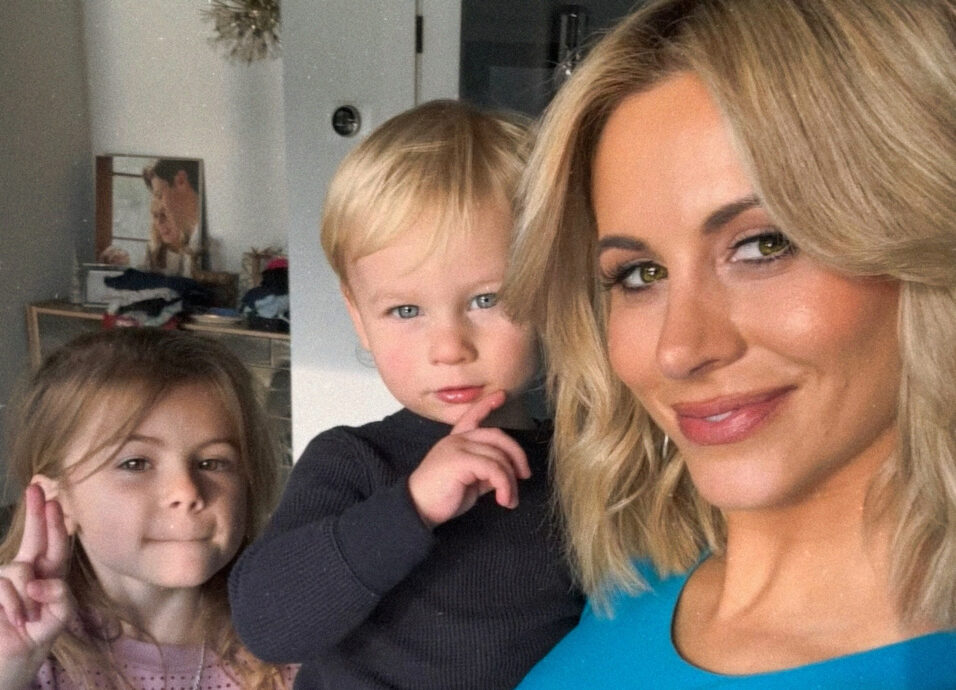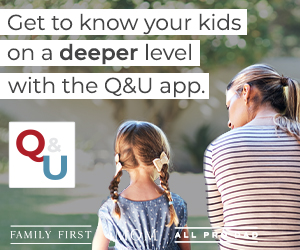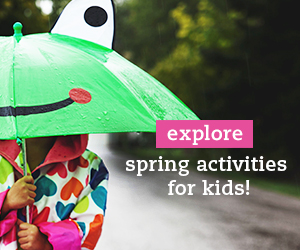My 6th grader had just moved up to middle school youth group when we attended the August kick-off. As the students got ready to board vans for an afternoon of bowling, my son froze.
First, he claimed he’d forgotten his socks and couldn’t go. When we rummaged up socks, he started in with other excuses – his best friend wasn’t going (true), it was too expensive (I was paying), and he didn’t feel well (probably nervous jitters). I knew he was scared about the new situation, but it would only get harder. So, I connected him with some other 6th grade boys, gave him a firm side hug and headed for the parking lot.
While all kids experience fear, some are particularly cautious. These 6 insights will help when you’re parenting a scared child.
1. Listen to them.
It’s so important to listen to our children talk about their fears. As an adult, their fears may seem trite or unrealistic. But our kids need to know they can trust us when they feel most vulnerable. For children who seem particularly fearful, listening validates their emotion and is the first step to helping them meet their fear head-on. Plus, as you listen, you’ll discover helpful information like the extent of the fear and how it came about.
2. Assure them you’re on top of their safety.
After listening to our kids, it’s important to assure our children that we will always do everything we can to keep them safe. Remind them of safeguards you’ve put in place.
3. Discern between rational and irrational fear.
We can also distinguish between rational and irrational fears as we listen to our kids. An irrational fear is based on something unlikely to happen – think of the nightmare about going to school in your underwear or even the fear of spiders. A rational fear is based on an imminent danger. Most childhood fears are irrational.
4. Talk about your experience.
Assure your child that fears are normal. Share your own experiences with fear as you were growing up and how you overcame it. Maybe it was a fear of the dark or fear of going out for a competitive sport. What helped you overcome that fear? With my own kids, I’ve shared how I was thrown from a horse and made myself get back on and finish the ride.
5. Know when to push.
There is no bright line here. As a parent, you’ll need to be sensitive to your children and know when you can gently push them to face their fear. My son resisted going on a trip and I assumed he was nervous about the new situation. The kids were spending one day of the trip at an amusement park. Turns out, my son was actually scared of roller coasters and didn’t want kids to pressure him to ride. Skipping the roller coasters was fine but didn’t mean he should miss the whole trip. This was a good situation to arm him with ways to meet peer pressure while allowing him to pass on the roller coasters.
6.Walk with them through their fear.
We can help our children cope with their fear by walking it with them. That same child had an early fear of water. Because we had a backyard pool, learning to swim wasn’t an option. Even the swimming instructor could barely get him underwater. One day I got in the pool with him. We went underwater together, again and again until he overcame his fear and realized swimming was actually fun. He’s been happily swimming ever since.
Your turn: Does your child have a fear right now you can help him navigate through?








